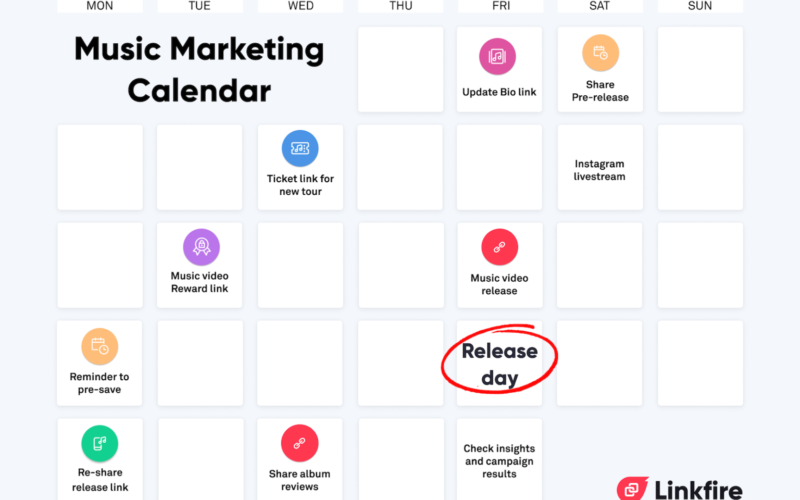With a vintage ‘vibe’ that wakes the nostalgia in you, ‘Gold-Diggers Sound’ blurs the line which sets ‘the old’ aside from ‘the new’ – it transcends both time and style. Why ‘Gold-Diggers Sound’? – Leon Bridges also pays tribute to the place this album was recorded, a hotel/bar/studio in East Hollywood known as Gold-Diggers. Filled with stylistic elements from Soul, R&B, and even some Lo-Fi, Leon Bridges touches the helm of everything while also surprisingly keeping it sonically focused and authentic.
It is quite impossible not to feel ‘ the soul ‘ in this amazing Soul album with a smooth and stimulating male vocal that seems like a careful mix of Frank Ocean, Sam Cooke, Otis Redding, and Leon Bridges. On “Sweeter” featuring Terrace Martin, the Lo-Fi feel, the soulful Rhodes, the wet and penetrating alto saxophone riffs, with scanty but sparse melodic and chordal piano, feel beds a scintillating and highly penetrating but soft Leon Bridges’ vocals to create a truly soulful Soul track. The track “Sweeter” assumes just a perfect position in the album – calm enough to musically summarize the preceding tracks while also exciting enough to suggest a coming end.
The choice of instruments in the overall album creation also adds quite a unique color and feel to the album. Tilting towards a more simple, minimal, and traditional approach in instruments, producers Ricky Reed and Nate Mercereau opted for a rather smooth and careful blend of conventional instruments. The clean guitars, occasional horn sections, vintage trumpets, smooth alto saxophone, cellos, violins, soft pianos, and airy but heavy organs all come together to give the album a blend of familiar and character-filled sonic feel.
It’s not just all “Soul,” there is also some blues too – “Blue Mesas” features lyrical and musical elements of the blues. However abstract the choice of musical instruments [in the context of the blues] might seem on “Blue Mesas,” it still retains the sad musical and lyrical theme that the blues is known for. On “Born Again” featuring Robert Glasper, vintage jazz trumpets, jazz-like piano harmonies and a subtly groovy drum groove with a vocal delivery style that slightly resembles Otis Redding’ and a bit of Sam Cooke brings not just jazz to the overall sonic image of the album but also some authenticity and stylistic difference. “Born Again” is a truly jazzy song that uses “Soul” as a medium to appeal to ears that are a bit unresponsive to the presumed complexities of jazz – such an amazing song that truly diversifies the album. “Born Again” was written in Texas with sax from Martin and keyboard from Glasper.
Leon’s vocal delivery on this album is undiluted, flawless, and effortless – while incorporating different stylistic elements, he also truly sounds like Leon Bridges – himself. This is evident in that he is not trying so hard to sound just how he is sounding. Leon’s delivery is more than just singing of soulful musical lines and a genuine expression of deeply rooted feelings – he sounds just so authentic. On “Why Don’t You Touch Me” the clean and walking-paced electric guitar rhythm, the rudimentary/tempo-marking drum groove, helps create cohesiveness. At the same time, Leon pours out his heart in a traditional R&B delivery style, asking, “why don’t you touch me?” This is a truly R&B song, stripped bare of every other stylistic element – it remains truly pure and undiluted. Lyrically, it is direct with no poetic insinuations.
“Gold-Diggers Sound” is thematically diverse as it explores diverse lyrical and musical themes, making it just the right album for love, heartbreak, and probably anything that could use some soul. With just eleven songs (thirty-six minutes and forty-six seconds), Leon takes listeners on a journey across diverse and really broad musical and artistic horizons. Mastered by Daddy Kev, who is the co-founder of the Low-End Theory, the album is solid, cohesive, and maintains a traditional sonic feel that will inscribe its mark permanently [or at least for a very long time] on the sands of time – this is a classic and unrivaled album.
Lyrically, this is an awesomely and carefully written record – it might be Leon’s best so far. He uses motifs that you can’t just help but get hooked to. Also, Leon has mastered the art of using nostalgia as a writing tool, as this has become intrinsically interwoven in his overall sound that you can no more hear but rather feel it. This is an album for the soul, be it an old or new soul – this indeed is an album for the soul. Although not basically what we can label a maximalist album, on the same note, it is not exactly minimalist – it is just packed with enough elements and colors to excite and even provoke you regardless of whatever… A collection of musical experiences and life experiences, this album is more than just an artistic expression but also a bulk of emotions, fears, hopes, and vulnerabilities.










